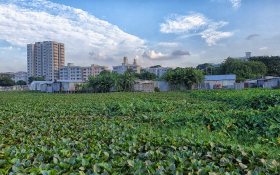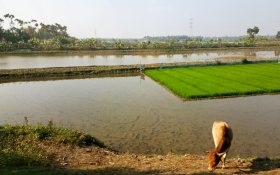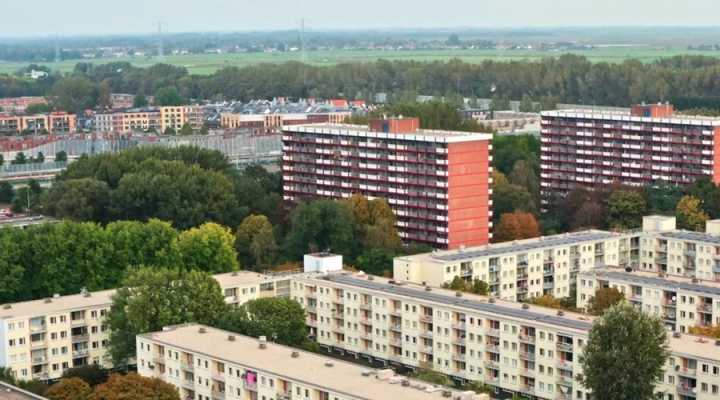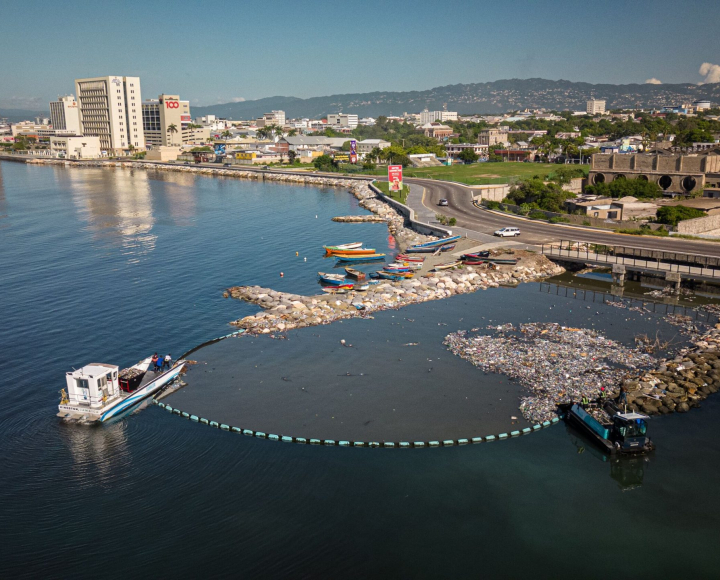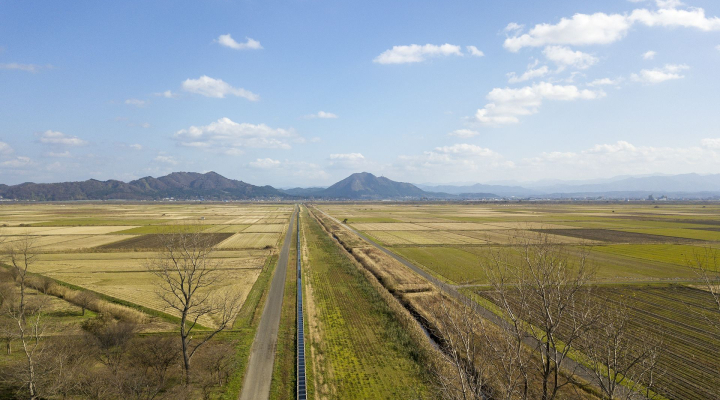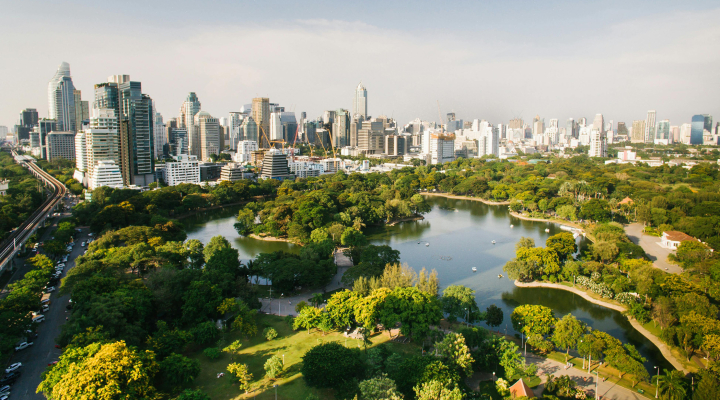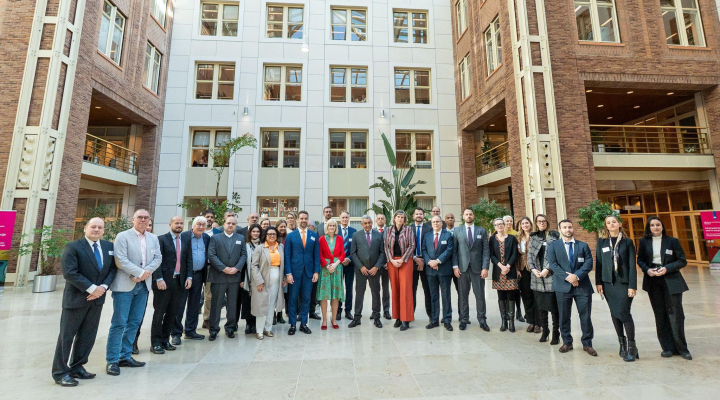Booming Bangladesh
Cooperation between Bangladesh and the Netherlands has intensified in recent decades. While Bangladesh experiences rapid and strong economic growth, new challenges and opportunities emerge in the water sector.
Within the framework of the Dutch Partners for Water programme, Delta expert and publicist Joep Janssen travelled to the capital Dhaka (before the corona crisis), to gain a better understanding of the local water sector and show the changes that have been jointly initiated.
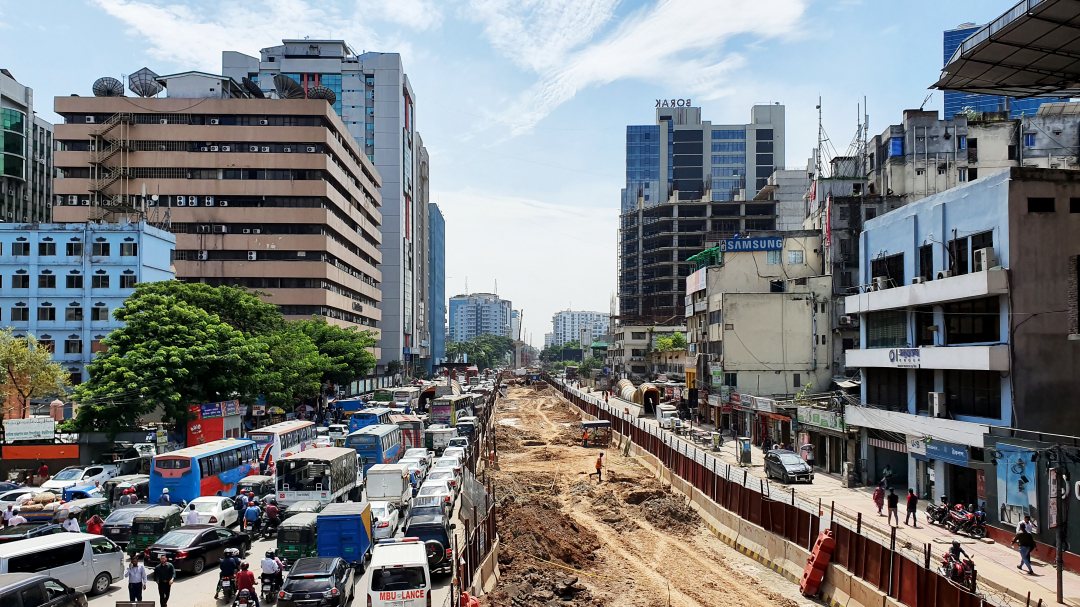
Bangladesh is prepared for the future
Bangladesh is preparing for the consequences of climate change. The low-lying country will experience sea level rise, more intense cyclones, and many of the other harsh impacts of a changing climate. On top of this, food security is at risk as the population increases and prosperity flourishes. With all this in mind, there is a need for urgent action in the form of a delta plan.
--
Traveling in Dhaka can be stressful. But once you arrive at your appointment, people reassure you that there is no reason to worry. Arriving late is a matter of course “because of the traffic jam”.
This is how I entered Professor Shamsul Alam's office. Alam is responsible for the delta plan developed in collaboration with the Dutch water sector. As I enter, he looks up from his large desk and says “Welcome, thank you for coming. We have twenty minutes, then I have an appointment with the Minister of Planning.”
In quiet tones he talks about the delta plan, explaining that it has been adopted by Prime Minister Sheikh Hasina on September 4, 2018. He then continues to tell me that it has been launched to guide Bangladesh, while strengthening the country’s socio-economic development in times of great change.
One change that may not be so great however, is that of climate change. The flood risk will increase due to increasing rainfall, more intense cyclones, upstream discharge, and rising sea levels. In combination with population growth, these consequences are already beginning to draw heavily on the people of Bangladesh.
That is why Bangladesh devised an ambitious delta plan. This is not only a technical and economic plan, but also a socio-political one. The government wants to enthuse and mobilize its population to realize the delta plan together.
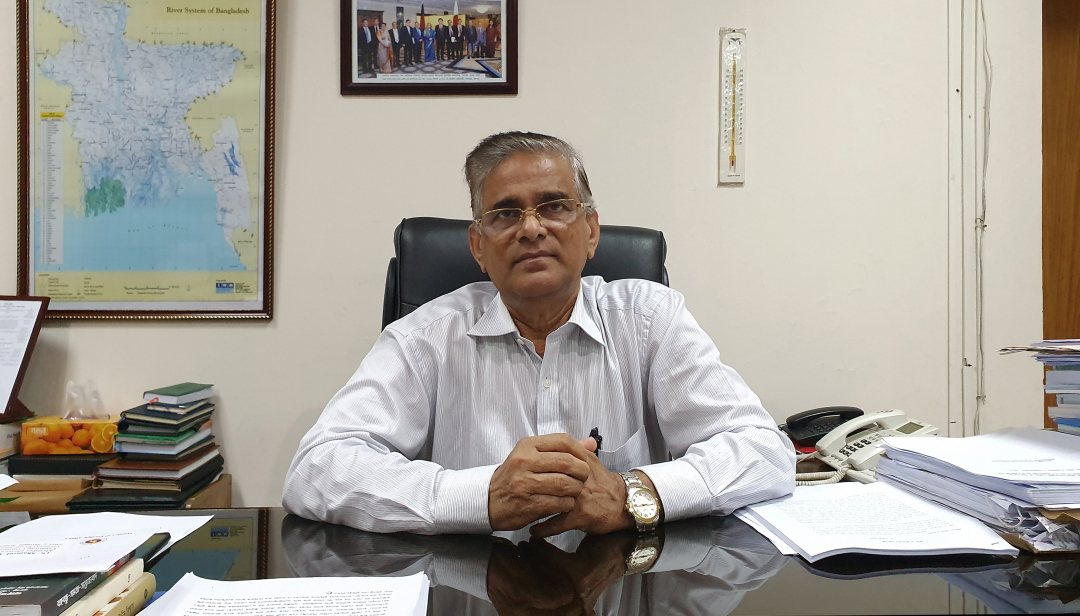
The plan is in order, but implementation is ongoing
In the delta plan, Bangladesh is divided into six regions, each with its own hydrological characteristics. The Planning Commission has also planned eighty projects to be carried out. Fifteen of them are focused on the development of knowledge and capacity building, while the other sixty-five are focused on infrastructure development.
“The biggest challenge is to finance these projects,” says Alam. “A Delta Fund has already been created with 1% of the GDP, which will rise to 5% in 2025. A fifth of this must come from public-private partnerships. In addition, it is important to develop solid knowledge and use the experience of the local population.”
Alam is hopeful about the realization of the delta plan because he believes that Bangladesh builds on its own successes. “We have been able to better protect ourselves against flooding by dredging rivers and setting up an advanced early warning system, while being open to outside expertise”.
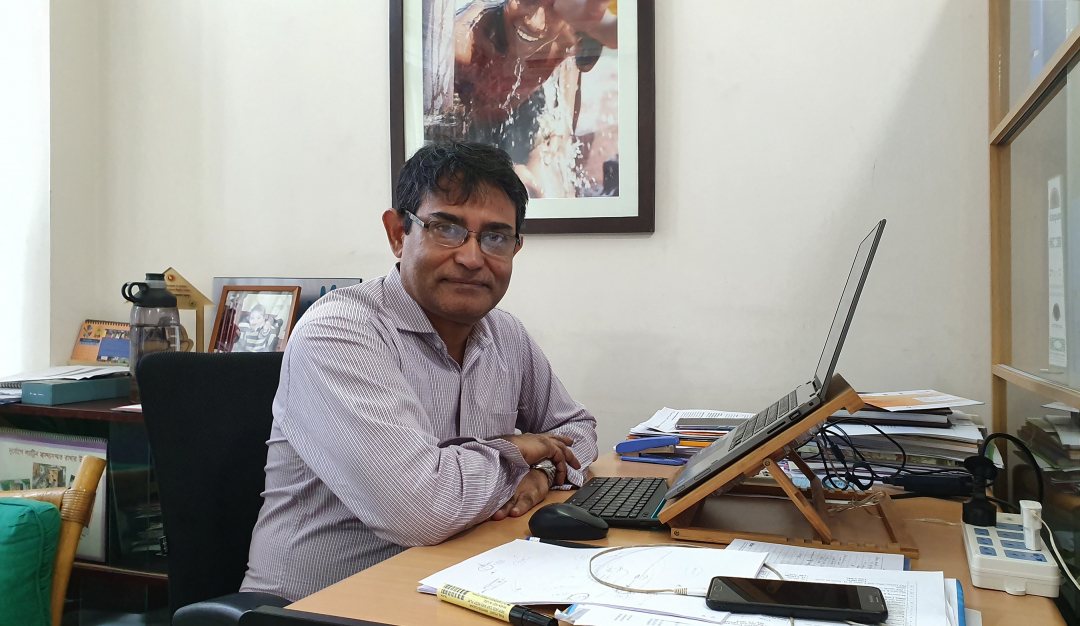
Fresh perspective
The delta plan is about a broad scope, large teams, and large sums of money. That was at least what I had in my mind when I prepared for the interviews. But when I later spoke with Riad Mahmud of the Dutch Max Foundation about their approach to clean water, sanitation, and hygiene in the coastal regions, my opinion shifted.
“When we talk with governments and water experts, they are confident that the water supply in this area is not possible, because they have large teams in mind, with large installations of millions of dollars. We try to convince them to explain our alternative model of selling water as a social enterprise – this requires a change of mentality at a strategic level.”
We can learn from the Max Foundation's small-scale and participatory approach. They use citizens' entrepreneurship to build the drinking water supply and treatment plants. The residents take ownership of the infrastructure, manage it and trade develops naturally. In this way, the Max Foundation already serves 1.2 million people in the coastal region.
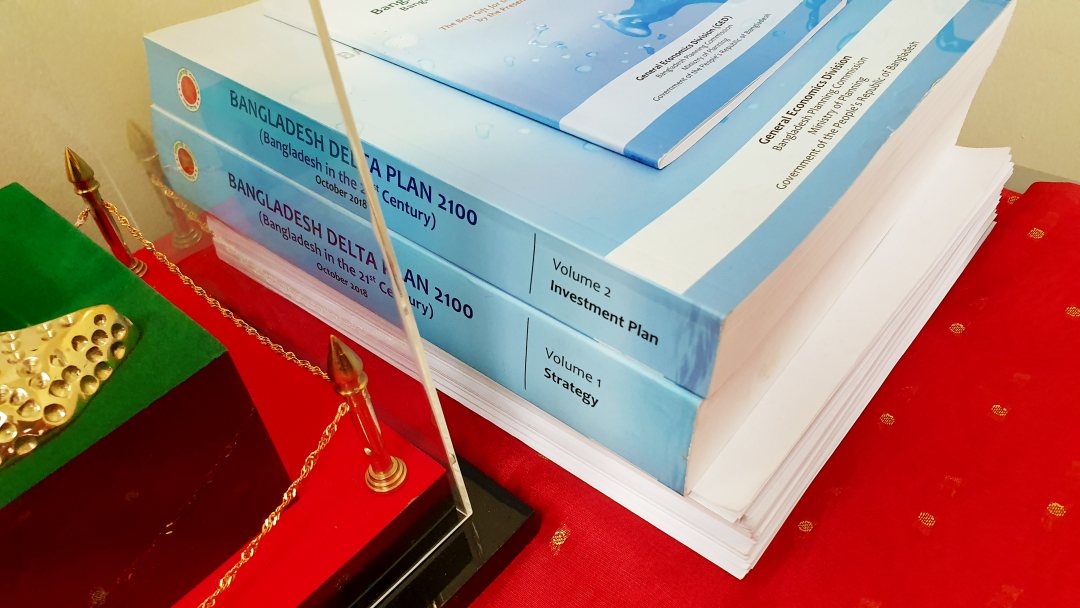
An unrecognizable change
I talk with Jos van Alphen, staff member at the Dutch Delta Commission and advisor for the Bangladeshi government on their delta plan. “We can offer support and share our experiences, because we have gone through a similar process since the Delta Plan of the Veerman Committee from 2008.” Van Alphen lists the qualities of the delta plan in Bangladesh. It promotes socio-economic growth with a specific focus on the role of water. The comprehensive plan provides direction for investment in ten different sectors, such as agriculture and shipping.
This makes it much more extensive than the Dutch Delta Programme, which mainly focuses on sufficient freshwater, flood protection and a climate-proof spatial design. In addition, the Bangladesh Delta Plan is linked to the five-year plans, making it an instrument for aligning government policy with concrete projects.
Making such a delta plan is quite a task, Van Alphen knows. “You quickly agree on paper, but there is a sharp transition between plan and implementation, because other people and organizations get involved. Things can go wrong in that transfer. During that process in 2015, there were also many personnel changes in the Netherlands, but what remained was the Delta Commissioner and his staff, who ensured continuity.”
Professor Shamsul Alam plays an important role, but Bangladesh does not have a Delta Commissioner yet. In time, he would have to assign one to keep oversight, but for now it is important that Prime Minister Sheikh Hasina embraces the further development of the delta plan.
Under her leadership, Bangladesh is developing rapidly, and the country is in the process of changing beyond recognition. The delta plan helps to guide these drastic transformations alongside the transformations of the climate and water of Bangladesh.
The construction of delta works will be decisive for the future of the country.




